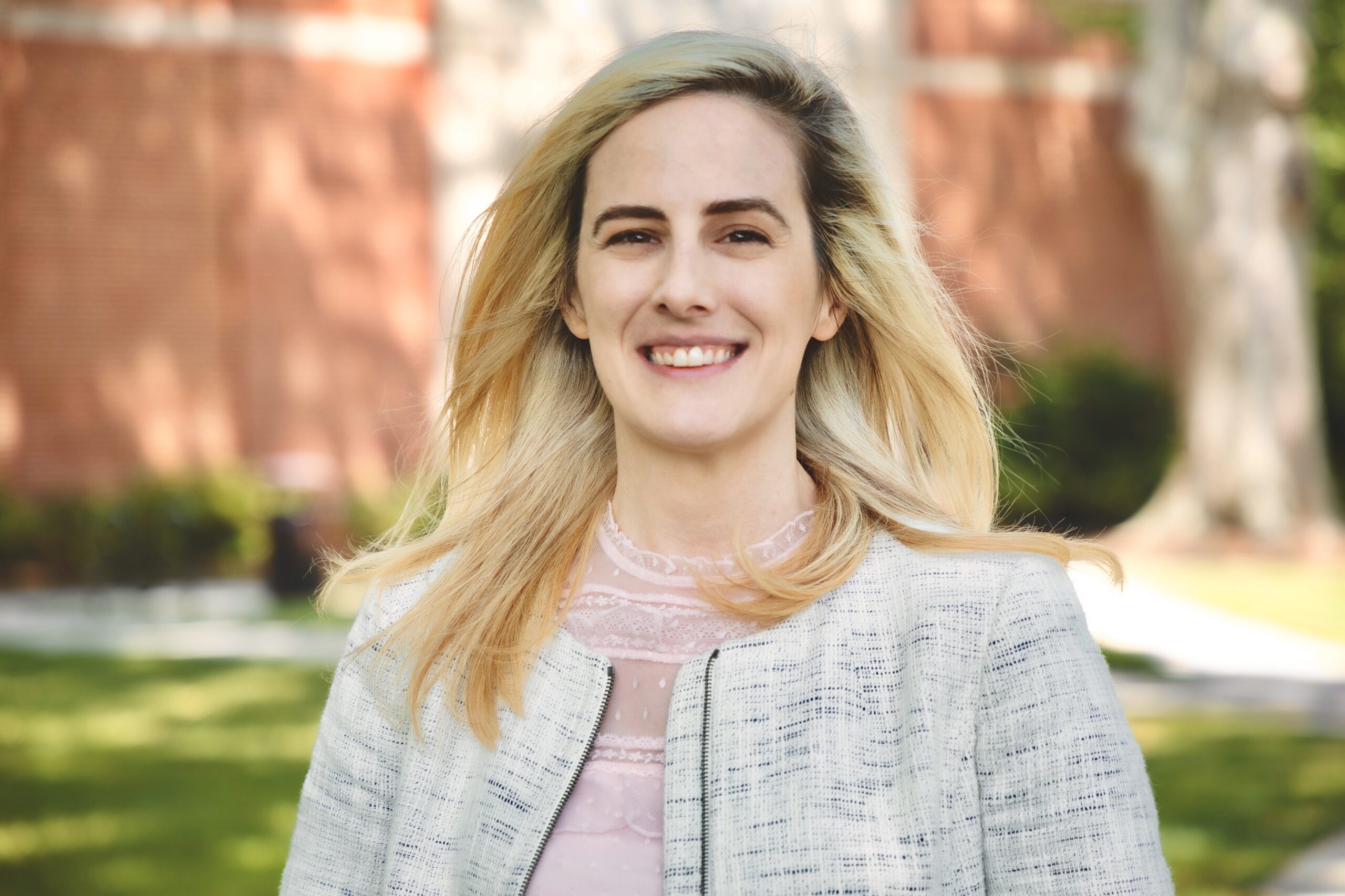Assistant Professor of History
B.A., Eastern Washington University; M.A., George Mason University; Ph.D., University of Maryland
Profile
An avid world traveler from the Washington, D.C. area, Dr. Abu Sarah is director of the International Studies program at Erskine College. Holding a Ph.D. in History from the University of Maryland and a master’s degree in World History from George Mason University, she teaches courses on the Middle East, Asia, and the Cold War in Erskine’s Department of History and Political Science.
Previously affiliated with the Center for World Religions, Diplomacy, & Conflict Resolution at George Mason University and the Center for Global Islamic Studies, Dr. Abu Sarah’s courses draw on her interdisciplinary background. Her classes explore behavioral history, legal history, and conflict studies, fostering appreciation for global connections and diverse cultures.
Research and Projects
Dr. Abu Sarah’s research analyzes the police confessions and courtroom trials of Islamist and communist activists. Her work has taken her to the Arabic Press Archives in Israel, Dar al-Kutub in Cairo, the French military archives in Paris, the National Archives in London, the Library of Congress in Washington D.C., and the International Institute for Social History in Amsterdam.
Her first book, Revolutionary Emotions in Cold War Egypt: Islam, Communism, and Anti-Colonial Protest, was published by Bloomsbury as part of its History of Emotions series. The book explores how affective entrepreneurs market hope, fear, anger, and other sentiments. Holding contemporary relevance, the book engages with popular and scholarly debates about revolution, rationality, decision-making, and the role of emotions in protest politics.
Dr. Abu Sarah’s second book, Decolonizing Emotions in French Algeria: Anti-Colonial Mythmaking and Morality Tales, 1954–1962, published by I.B. Tauris, explores the powerful realm of biopolitics and how emotions contribute to the spread of misinformation. The book traces how, alongside the diplomatic struggles of the early Cold War, European and Middle Eastern politicians worked to shape emotions about the postwar order. Politicians stoked fear of communism and hope for postwar recovery, while activists used social networks to disrupt the production of political apathy, challenge narratives about imperial pride, and complicate ideas of humanitarian pity.
Dr. Abu Sarah brings her work on emotions, misinformation, and social movements to the broader public through speeches, interviews, and digital history programs. Her TED Talk (“How Do Daily Habits Lead to Political Violence?”) received over 1.8 million views, and she appeared on an NBC segment entitled “Your Fear Response Is Powerful and Easily Manipulated” (NBC Universal, 6 April 2021). Past projects include the digital history website Beyond Golden Age and Decline: The Legacy of Muslim Societies in Global Modernity for the NEH Bridging Cultures Initiative.
In addition to her research, Dr. Abu Sarah is director of the Center for Behavioral and Cognitive History (BACH). The Center pioneers new historiographical approaches and offers cultural education and conflict resolution training programs for colleges, businesses, churches, and NGOs (an initiative in conjunction with the nonprofit Interact International). From 2015–2023, Dr. Abu Sarah served as managing editor of the peer-reviewed scholarly journal al-ʿUṣūr al-Wusṭā (The Journal of Middle East Medievalists).
Personal Interests
When she’s not doing research, Dr. Abu Sarah enjoys scuba diving and leading study abroad courses. She has directed archaeological tours and conflict resolution courses in Cuba, Egypt, Iraq, Israel-Palestine, Syria, Turkey, and Vietnam.

